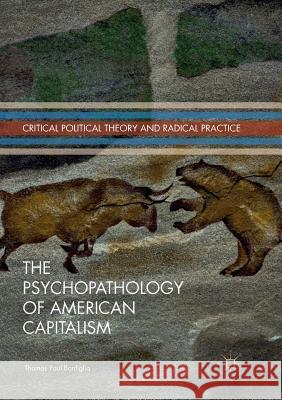The Psychopathology of American Capitalism » książka
topmenu
The Psychopathology of American Capitalism
ISBN-13: 9783319857022 / Angielski / Miękka / 2018 / 296 str.
Kategorie BISAC:
Wydawca:
Palgrave MacMillan
Seria wydawnicza:
Język:
Angielski
ISBN-13:
9783319857022
Rok wydania:
2018
Wydanie:
Softcover Repri
Ilość stron:
296
Waga:
0.36 kg
Wymiary:
21.01 x 14.81 x 1.63
Oprawa:
Miękka
Wolumenów:
01
Dodatkowe informacje:
Wydanie ilustrowane











